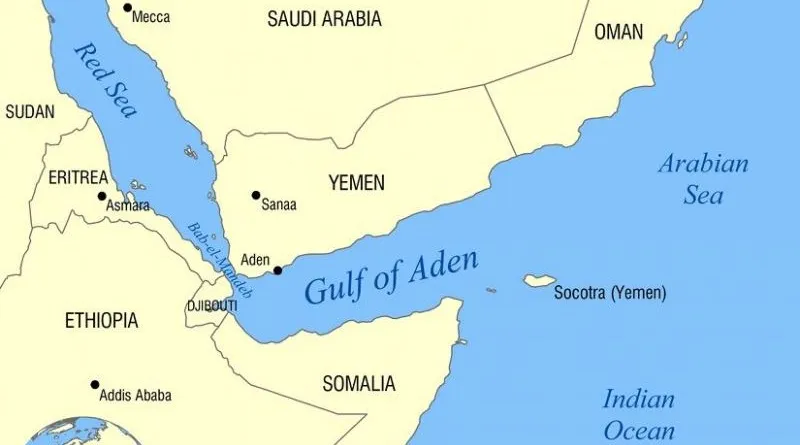The world is once again on the edge of another conflict, a deadlier conflict than has hitherto been the case in the past seventy-odd years – the Palestinian-Israeli conflict, which has erupted once again. No one knows where this will end, but there appears to be a determination from both sides to achieve what neither could achieve alone.
This conflict attracted many non-regional parties from far and wide, each defending one party against the other, although there was no need for such conflagration. Peace should have been the main purpose of the many protagonists of the conflict other than the actual combatants of the conflict. Neither the Israelis nor the Palestinians can afford the great losses, deaths, and destruction the conflict entails. This is again one of those failures of the United Nations Organizations which should have solved this problem long ago. But which conflict has the UN ever solved?
The conflict and all the parties getting involved highlights once again the geostrategic significance of the Suez Canal, Red Sea, Bal El Mandab, Gulf of Aden, and the Somali Sea waterway between Europe and Asia. It has indeed those major choke points of the Suez Canal in the north, the Bab El Mandab in the middle, and the Somali Sea, the entrance to the Indian Ocean at the other end.
There were, indeed, a number of occasions when attempts were made to bypass this important waterway and the last was the recently proposed India-initiated corridor through Arabia at the cost of Arab countries supposedly financing the bulk of the planned rail and road link between India and Europe. Now that this conflict in West Asia is raging, such an India-Europe connection through the Arabian Peninsula is no longer viable or is, at least, delayed for many decades.
This once again points to the continuing relevance of the strategic importance of the Suez Canal, Somali Sea Indian Ocean Waterway, which not only includes the whole of the Red Sea, the Bab El Mandab straits, and the Gulf of Aden, which both the Arab States and Israel and their allies covet and use it as pressure points. No wonder regional and foreign parties with respect to their vital interests have already naval presence in the corridor, which complicates matters of this waterway, although the Horn of Africa States region does not truly have a concerted common approach to their interests in this vital waterway.
The waterway divides Africa from Asia and links Asia to Europe and Africa, and therefore denotes its vital importance for both global trade and naval warfare. It has always been the center of these three worlds and continues to be so today. However, each of the Horn of Africa States has its own singular approach to these waters and it is our belief it would have been better if they had a common strategy with respect to the waterway, not only to protect its vital interests as a potential source of a significant blue economy including transportation and serving global trade, which passes through it.
One should note that the waterway could become the focus of conflict among the many antagonists, who use it. The presence of their naval forces in the waterway should be clear evidence that they are not in the region for tourism. The region should be aware that what takes place in those waters could have a long-term impact on the region.
The waterway is not only important for the transportation of goods but also for energy from West Asia and potentially energy exports from the region itself, in due course. It is generally noted that the Horn of Africa States region owns substantial hydrocarbon reserves both offshore and onshore. Hydrocarbons are not the only wealth under these waters but it is also reported that there are many minerals such as gold, silver, cadmium, copper, cobalt, and others.
In this respect, the region should suffice itself with shallow single-state policies with respect to these waters but should come up with positive and more beneficial regional policies and frameworks including a strong regional fleet, and impactful and effective attitudes towards these waters, before it finds itself outmaneuvered in its own waters.
There will be a need for the member states of the region to coordinate their policies toward these waters, setting out common strategies with respect to the foreign parties with a presence in the region’s waters. There are currently many navies in the region including those of the French, the USA, the German, Spanish, Chinese, South Korean, and at times, the growing Indian navy. Gulf Arabs such as the UAE and Saudi Arabia and even Iran have a presence in these waters.
The tensions in West Asia will not lessen in the foreseeable future and the foreign navies’ presence could only increase. It is, therefore, important for the region to go back to their drawing boards and redefine their relations with each other and their attitudes towards the many actors playing out in the region’s waters and the waterway itself.

